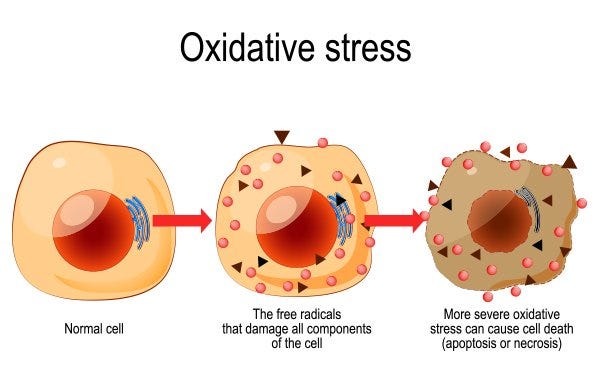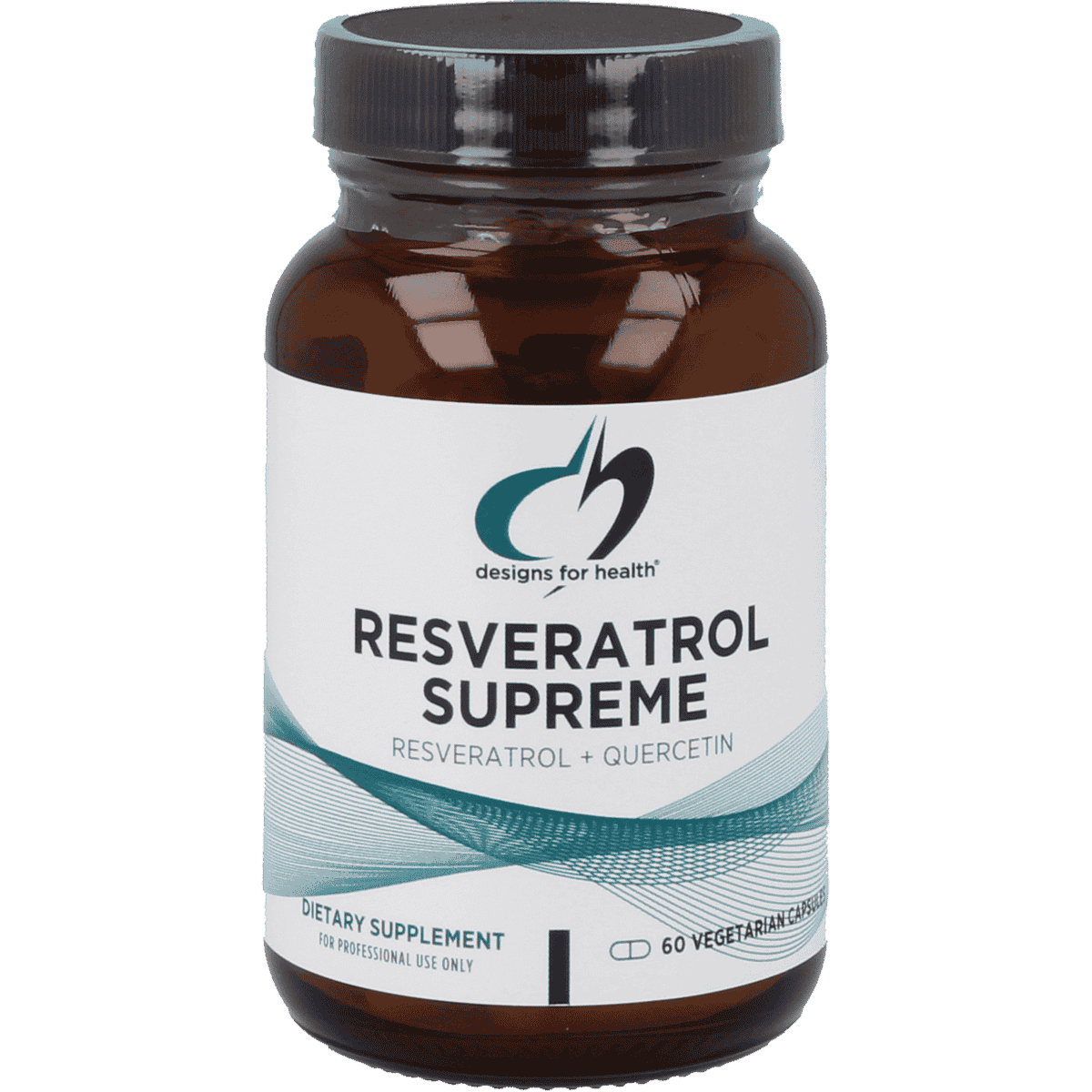It’s no secret that dementia—an umbrella term for conditions like Alzheimer’s—continues to challenge millions of families worldwide. While scientists are still piecing together the puzzle of what exactly triggers cognitive decline, emerging evidence points toward nutrition, antioxidants, and anti-inflammatory strategies as key players in prevention.
In his latest research, Dr. Dan Purser highlights how specific nutrients—like pyrroloquinoline quinone (PQQ), phosphatidylserine, resveratrol, and glutathione—may safeguard against the brain changes associated with dementia. Below is an overview of the science and how certain products fit into a holistic plan for better brain health.
1. Why Dementia Prevention Matters
Inflammation and Oxidative Stress
Many forms of dementia—including Alzheimer’s—feature chronic neuroinflammation and an excess of oxidative stress. These factors can damage brain cells, disrupt nerve signals, and speed up cognitive decline. By reducing inflammation and strengthening the brain’s antioxidant defenses, you may help preserve healthy brain function.
Genetics and Lifestyle
Genetics (such as certain SNPs) can raise your dementia risk, but lifestyle factors—like nutrition, exercise, and supplement choices—still matter greatly. Early intervention often has the best chance of long-term success, meaning the sooner you start, the better.
2. Meet the Key Nutrients and Supplements
(A) Pyrroloquinoline Quinone (PQQ)
What It Is: PQQ is a natural compound found in foods like kiwi fruit but is best known for its effects on mitochondrial efficiency (the energy powerhouses in your cells).
Why It Helps: Studies show that PQQ can improve brain function in both younger and older adults, boosting cognitive measures such as memory and attention [1][2]. By supporting mitochondria, PQQ may help shield neurons from damage.
Where to Find It: Physician Designed™ Brite Brain includes PQQ alongside other supportive nutrients for cognitive health.
(B) Phosphatidylserine (PS)
What It Is: A phospholipid crucial for neuron membranes. Without enough PS, cell-to-cell communication in the brain can suffer.
Research: A recent review [3] highlights phosphatidylserine’s role in reducing inflammation linked to central nervous system diseases. In simpler terms, PS helps keep brain cells stable and resilient.
Where to Find It: You’ll find phosphatidylserine in Brite Brain as part of its phospholipid complex.
(C) Resveratrol & Quercetin
What They Are: Resveratrol is a natural antioxidant from red wine grapes; quercetin is found in onions, apples, and berries. Both are known for anti-inflammatory and anti-aging properties.
Why They Matter: By curbing inflammation and oxidative stress, resveratrol and quercetin show promise in supporting cognitive health.
Where to Find Them: Designs for Health Resveratrol Supreme combines validated forms of resveratrol and quercetin. Dr. Purser recommends pairing it with Brite Brain if you want the benefits of these polyphenols.
(D) Glutathione
What It Is: Often called the “master antioxidant,” glutathione protects cells, including neurons, from free-radical damage.
Brain Relevance: Research ties glutathione depletion to multiple neurodegenerative conditions. A robust glutathione level may help slow or prevent the formation of harmful protein tangles in the brain.
Where to Find It: Physician Designed™ VARS Glutathione is Dr. Purser’s patented oral glutathione formula, known for its validated absorption and stability.
3. How Brite Brain Supports Cognitive Function
Dr. Purser’s Brite Brain formula features PQQ, phosphatidylserine, and CoQ10 for a multi-pronged approach to brain health:
Energy Production: PQQ and CoQ10 help turbocharge mitochondria, supporting better brain “fuel.”
Membrane Maintenance: Phosphatidylserine stabilizes neuron membranes, enhancing cell communication and potentially sharpening memory.
Inflammation Control: By reducing oxidative stress, these nutrients can help buffer the brain from chronic inflammatory damage.
Studies from Japan suggest PQQ may improve memory by up to 30% over six weeks [1][2]. When combined with phosphatidylserine, you have a stronger defense against age-related cognitive decline—especially if you have certain genetic SNPS that hamper your body’s ability to make or utilize phosphatidylserine.
4. Why Pair Brite Brain with Resveratrol Supreme
While Brite Brain has no resveratrol or quercetin, Dr. Purser recommends Resveratrol Supreme from Designs for Health for those seeking a full anti-inflammatory arsenal. Some highlights:
Resveratrol modulates brain inflammation and may help protect neurons against oxidative harm.
Quercetin supports vascular health and works synergistically with resveratrol to quell inflammation.
Together with Brite Brain’s phosphatidylserine and PQQ, Resveratrol Supreme forms a potent “brain shield,” targeting different facets of cognitive wellness.
5. Don’t Forget Glutathione: VARS Glutathione Capsules
To complete the trifecta of brain support, Dr. Purser also highlights VARS Glutathione. Chronic oxidative stress and neuron “tangles” (like amyloid plaques) are common in dementia. Glutathione helps:
Neutralize free radicals before they damage brain cells
Reduce neuroinflammation, which can lead to those “tangles”
Support detox pathways in the liver, indirectly aiding overall health
VARS Glutathione stands out because it’s validated and patented—meaning it’s specially formulated to be absorbed and remain stable in your digestive tract.
6. Putting It All Together: A Daily Routine for Brain Health
Brite Brain (1–2 capsules daily): Provides PQQ, phosphatidylserine, CoQ10, and supportive ingredients for neuronal energy and cell membrane integrity.
Resveratrol Supreme (1–2 capsules daily): Delivers resveratrol and quercetin for antioxidant and anti-inflammatory benefits.
VARS Glutathione (2–4 capsules daily): Helps maintain adequate glutathione levels to protect brain cells against oxidative damage and inflammation.
Lifestyle Tips
Stay Physically Active: Even 30 minutes of daily walking can boost blood flow to the brain.
Prioritize Sleep: Deep sleep is when your brain does major “cleanup” work.
Limit High-Sugar Foods: Excess sugar can spike inflammation, negatively affecting the brain.
Manage Stress: Chronic stress elevates cortisol, which can contribute to memory issues and hippocampal shrinkage over time. Yoga, meditation, or simple breathing exercises help.
Quick Summaries of the Studies
PQQ and Brain Function in Younger and Older Adults
Found that pyrroloquinoline quinone disodium salt can support cognitive function, including memory and attention, in both younger and older populations.
Dietary PQQ on Cognitive Function
Reinforces PQQ’s role in enhancing mental sharpness, possibly through mitochondrial support and reduced oxidative stress.
Phosphatidylserine and CNS Diseases
Explains how phosphatidylserine can lower inflammation and protect neurons, potentially useful for neurodegenerative disorders.
Take Action Now
Dementia is a complex issue—no single supplement can guarantee prevention. But current science suggests that targeted nutrients, like those in Brite Brain, Resveratrol Supreme, and VARS Glutathione, offer a multidimensional defense:
They fuel your mitochondria (PQQ, CoQ10).
They shield neuron membranes (phosphatidylserine).
They fight inflammation and oxidative stress (resveratrol, quercetin, glutathione).
By combining these supplements with a healthy lifestyle—regular exercise, balanced nutrition, quality sleep, and stress management—you can significantly raise your odds of preserving cognitive health for the long haul.
Remember: Always discuss any new supplement regimen with your healthcare provider, especially if you have existing medical conditions or take prescription medications.
Supplement & Study Links
Research Articles:














All available through healthy eating.